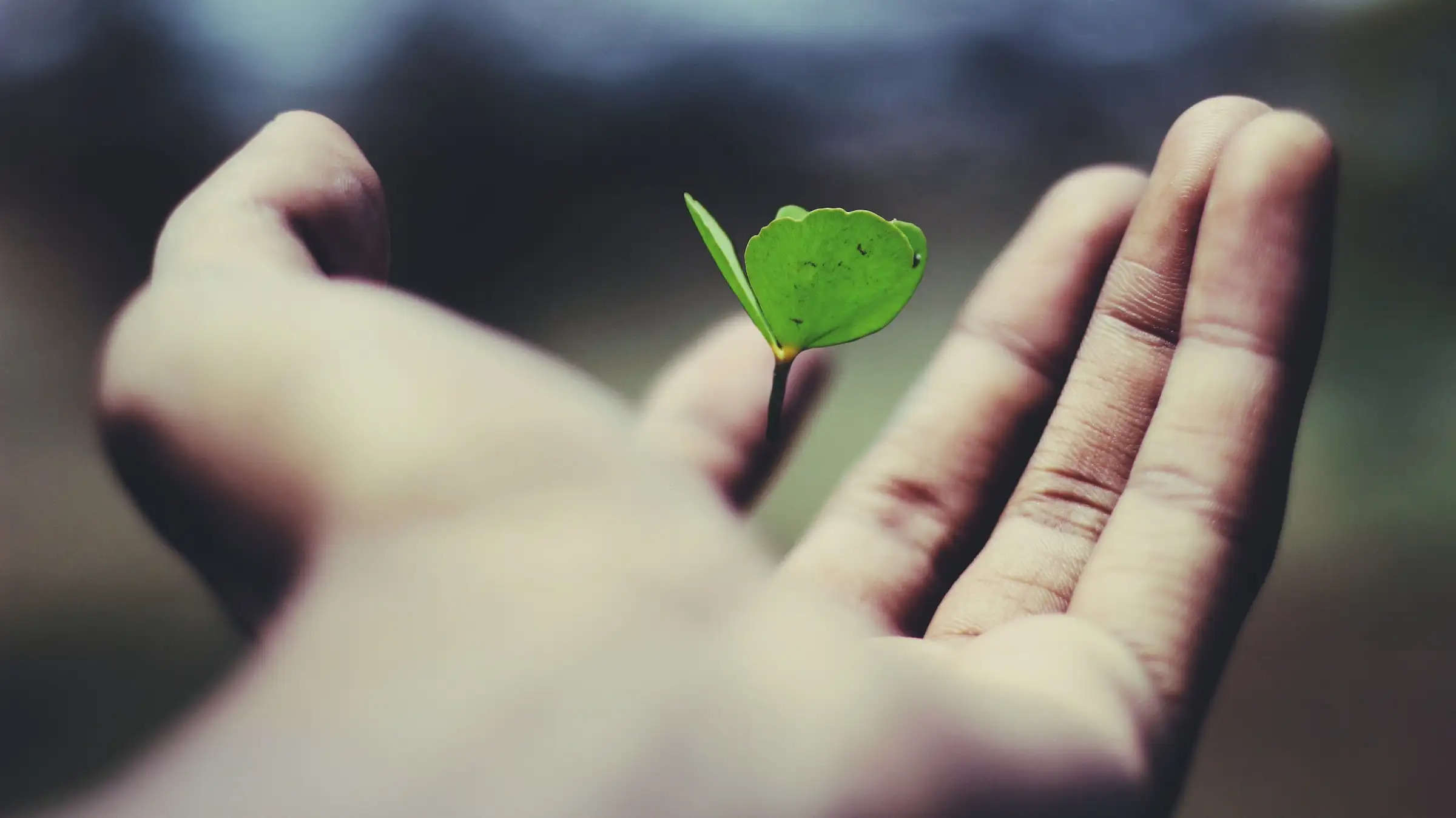Embracing A Zero-Waste Lifestyle

In our fast-paced world, being a zero-waste warrior may seem like a daunting task for many. However, as awakened millennials, we bear the responsibility of preserving the environment for the next generation. It's time for us to adopt an ideal lifestyle that promotes sustainability and is eco-friendly.
Here are some practical steps to help you become a conscious consumer and make a positive impact on the planet.
1. BYOB (Bring Your Own Bag):
BYOB, or Bring Your Own Bag, stands out as a simple yet powerful solution to combat plastic clutter. Always carry a reusable or fabric bag instead of opting for a plastic one at stores. Take it a step further by crafting your own carry bag using cushion covers. Consider using glass or earthen bottles for a healthier alternative that benefits both you and the environment.
2. Support Local Produce:
Choose seasonal fruits and vegetables and support locally produced farm-fresh produce. This not only ensures better quality but also helps local farmers thrive in a market saturated with canned and frozen alternatives. Minimize visits to restaurants and cafes, as studies reveal they are major contributors to CO2 emissions.
3. Upcycle Items:
Embrace the art of upcycling by repurposing items for alternative uses. Whether it's using a can as a pen holder, repurposing plastic bottles for watering plants, or turning old newspapers into eco-friendly bags, upcycling minimizes waste and adds a creative touch to your lifestyle.
4. Sustainable Clothing:
Opt for second-hand shopping and explore vintage stores to discover unique treasures. Fashion should be about quality, not quantity. Only purchase what is necessary, and consider upcycling clothes into handbags, cushion covers, or quilts with patchwork for a sustainable and stylish wardrobe.
5. Compost Kitchen Waste:
Transform kitchen waste, including fruit and vegetable peels, into compost. This organic waste provides valuable nutrients for plants, contributing to a healthier ecosystem. It's a simple yet impactful way to reduce waste and give back to nature.
6. Avoid Paper Usage:
Minimize paper usage by opting for emails and text messages to go paperless. Make online payments and transactions, or use digital currency, contributing to the preservation of trees and reducing your environmental footprint.
7. Refills and Recycle:
Opt for refills instead of purchasing new bottles for shampoos and body washes. Embrace bar soaps and shampoo bars to further reduce your carbon footprint. Utilize scarves and newspapers and recycle wrapping papers from gifts to create an eco-friendly approach to gift wrapping.
8. Dedicated Earth Week:
Dedicate a week to Earth Day by consciously consuming less energy, giving away leftovers to those less privileged, donating clothes to those in need, and using plates and bowls made from eco-friendly materials like leaves. It's a simple yet impactful way to contribute to the well-being of our planet.
In conclusion, adopting a zero-waste lifestyle is about making small, conscious choices that collectively lead to a significant positive impact on the environment. By incorporating these practices into our daily lives, we can contribute to a healthier, more sustainable planet for generations to come.
.jpg)
